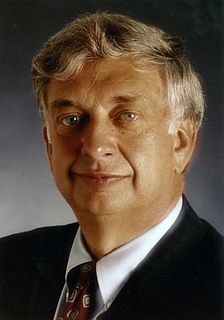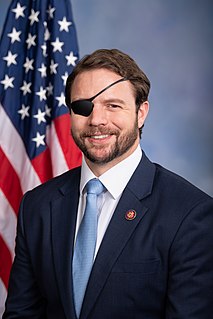A Quote by Richard Rogers
Society has to get a grip and put a tax on carbon. Of course, there is much that flows from that, and it is a complex situation. The small details of something such as climate change are political and social, and they are a lot about fairness and how we rebalance towards a fairer society.
Related Quotes
[T]here are, at bottom, basically two ways to order social affairs, Coercively, through the mechanisms of the state - what we can call political society. And voluntarily, through the private interaction of individuals and associations - what we can call civil society. ... In a civil society, you make the decision. In a political society, someone else does. ... Civil society is based on reason, eloquence, and persuasion, which is to say voluntarism. Political society, on the other hand, is based on force.
We actually all care about the environment, and most people believe in climate change and believe that mankind has something to do with that - how much is scientifically debatable, but there is some effect and we all have an interest in reducing carbon emissions, just having cleaner air, cleaner oceans. It's something we can get behind.
Political philosophy is realistically utopian when it extends what are ordinarily thought to be the limits of practicable political possibility and, in so doing, reconciles us to our political and social condition. Our hope for the future of our society rests on the belief that the social world allows a reasonably just Society of Peoples.
Groupings of people that get together, think things through, come out to plan and so on, like unions or true political organizations, they've disintegrated. And people tend to be atomized - you get down to a society based on social units based on an atom - an atomic element - which is a person and their computer. Not a society that is going to be able to function freely and democratically. The tendency is there; it doesn't have to be, but its something to worry about.
The poverty we see in America is now too widespread, and too complex, for easy fixes. But I do think we can reimagine many of our institutions and can create new ones in ways that would be effective. We could, for example, create social insurance systems, similar to social security, such as that we went through in 2008-9. We could create a financial transaction tax, oil profit taxes and a fairer estate tax system, and we could plow much of the revenue raised from these into job training programs, into better education infrastructure, into an expanded Earned Income Tax Credit.
It's only when you get towards the top that people start throwing you down a rope. It's like a law of nature, and it makes me think a lot about what my responsibility is to folks who are further down the hole where I was - how I can offer them help and how I can try to help change the structure of American society.
In building up a democratic model I think that Cuba's contribution, little by little, has contributed to getting closer to the ideals of those philosophers, of those Greeks who thought about how a society could be fairer, how a society could really represent the interests of the people. We have tried to get closer to that from a Latin-American perspective and from the Cuban perspective.
We're talking about should we increase taxes? Why not put a tax on carbon emissions. It would raise a lot of money, it would reduce the environmental damages in the future, it would solve so many problems, and it would be a much more constructive thing to do than to think about raising the income tax.







































